
Now I'm beginning to think of a different Invisible Hand, one that makes our lives easier. There are so just many things we take for granted. We think there's a magical, mythical place where clothing is made, food is produced, electricity is captured, and cell phone signals magically appear. We're spoiled, and we think there's an Invisible Hand that creates our easy lifestyle.
My college roommate majored in landscape architecture, and I never understood the full extent of her duties. Plant a few flowers around someone's house was my idea of landscaping. I'm only beginning to see the secret powers that landscape architects have on our every day life. Have you ever been to Disneyworld, and found walkways wide enough for large crowds, benches just where you need them, something to distract you while you wait in line? You can thank a landscape architect. The book "Devil in the White City" is the true story of the 1893 Chicago World's Fair (and a serial killer), and it describes perfectly how important landscape architecture was to keeping people comfortable, controlling crowds and completing the beauty of the fair. I finally understand how important, essential, and interesting, her job must be. Below is just one example of her work.
As a farmer, I really wish consumers would take more time to find out the importance of food production, and I don't mean just read a few articles online from a so-called "expert." Everyone has their opinion of food production and farming, but is that self proclaimed expert giving their opinion, or facts? Consumers take for granted that food magically appears on shelves. Let me assure you, it doesn't.
My farm is only responsible for a few food items on your plate, but I do my best to educate myself on the rest of the food I eat.. I know that Honeycrisp apples were created in Minnesota, for a Minnesota climate, so I try to buy MN Honeycrisps instead of Washington. Sometimes they don't look as shiny and nice, but they always taste better. I toured a cranberry farm in Wisconsin, drove around California looking at artichokes and garlic, and bought my beef and pork straight from a farmer. I raised chickens a few years, and came to the conclusion it was cheaper and easier to just buy it from the store.
I know consumers are becoming farther removed from production agriculture, but if you dig deep enough, you should be able to find a farmer you know, and maybe even 2 or 3. Find a livestock producer, organic grower, wheat farmer, and ask a few questions. If you check facebook, many farms have their own pages where they take pictures of their operations, and answer questions. There is no one way to raise food, and farmers are continually making improvements.
There is no invisible hand that puts food on the shelf. It took me a few years to appreciate my roommate's job with landscape architecture, and I hope everyone can have a little more appreciation for the work farmers do each day to make sure you have access to safe, and plentiful food.
Special thanks to my college roommate Jolene Rieck, www.peakstoplain.com, for finally making me understand how interesting her job must be. I'm sorry I thought you just planted flowers and shrubs.
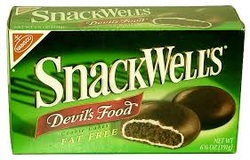
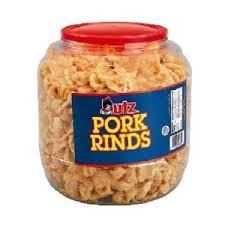
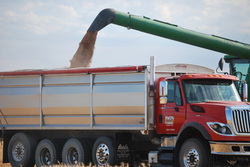
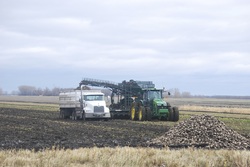
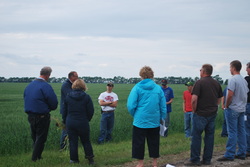
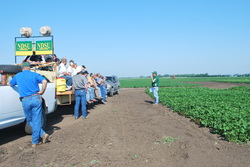
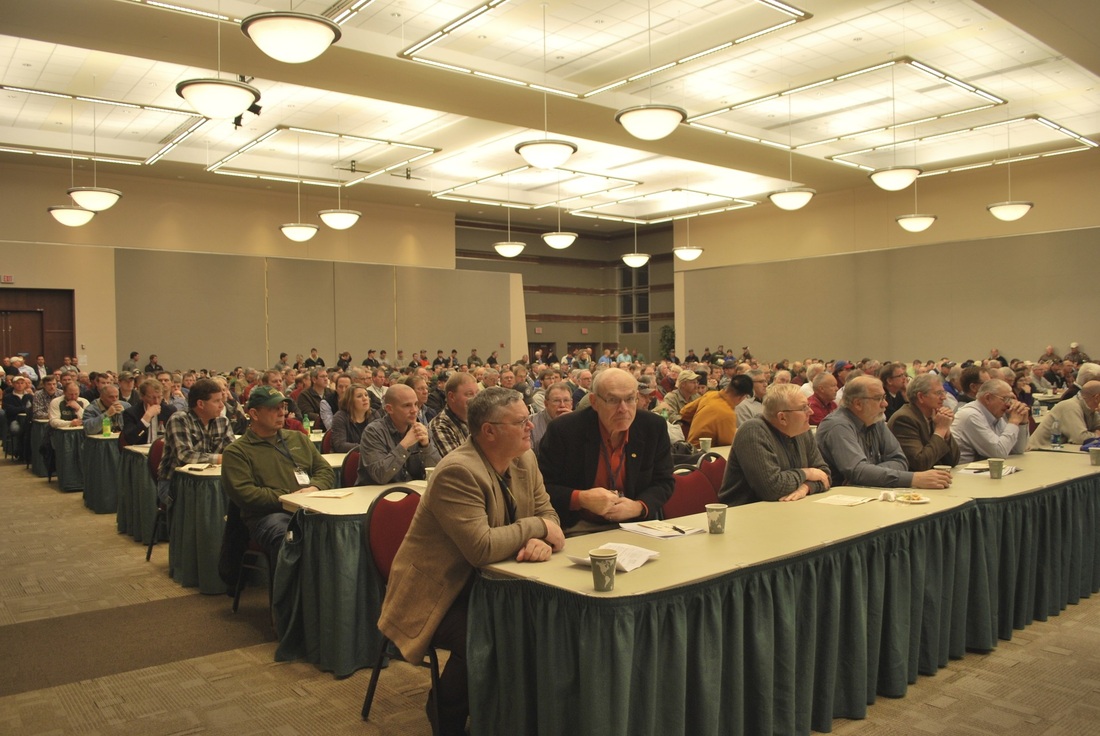
 RSS Feed
RSS Feed